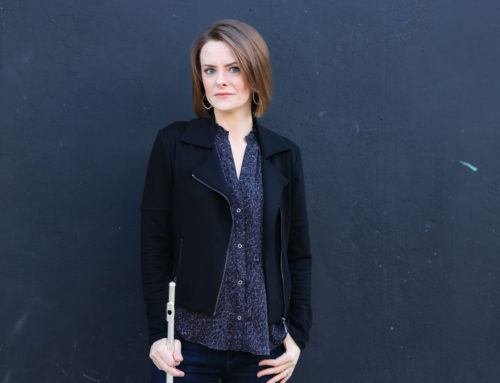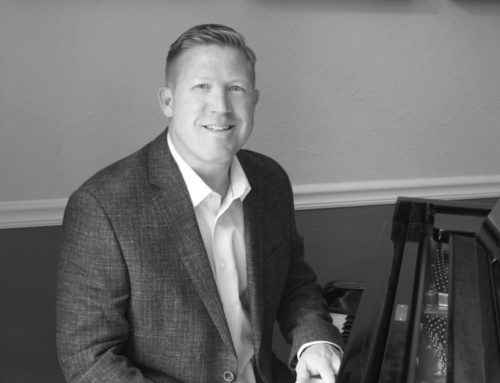Chris Foss grew up in southwest Iowa and graduated from Millikin University with a BM in Commercial Music. After a short two years at the University of Nebraska directing the Vocal Jazz program and earning his MM in Choral Conducting, Chris relocated to the Twin Cities and has been proud to be a part of Cantus since then. Recent appearances with other professional vocal groups include: Minnesota Bach Ensemble, Four Shadow, Omaha Chamber Music Series, Chapter 6, Voices of Omaha, Dulces Voces and Home Free. Chris also teaches as a part of the voice faculty at McNally Smith College of Music in Saint Paul.
Deemed “indisputably unique, confident, and innovative” through the American Prize, Paul John Rudoi’s award-winning compositions have been commissioned and performed by various ensembles and artists worldwide, and supported through grants from the NEA, the Jerome Foundation, the American Composers Forum, and ASCAP. His music is published through PJRMusic along with Graphite, Santa Barbara, Walton, Morningstar, and NCCO music publishers.
Adam Fieldson’s credits include performances as Nicely Nicely in Guys and Dolls and Galahad in A Connecticut Yankee at Ohio Light Opera Company, Eisenstein in Die Fledermaus at New York Opera Exchange and Jack in Into the Woods at Cedar Rapids Opera Theatre. Adam holds both a Bachelors and Masters of Music from the University of Nebraska-Lincoln where he performed the title role of Candide, Nerone in L’incoronazione di Poppea, Lysander in A Midsummer Night’s Dream and Romeo in Roméo et Juliette
Give the Composer on Fire podcast a Rating and Review!
Cantus vocal ensemble members Chris Foss, Paul John Rudoi, and Adam Fieldson discuss the commissioning process and how to speak with performers.
Topics discussed in this episode:
- The commissioning process
- Niching down
- Giving the composer restraints
- Knowing the ensemble
- Having info from the performer
- Questions composers should be asking of performers:
- Who is the ensemble/performer/audience?
- Tessitura vs range?
- Dynamic tessitura?
- Singing through each line
- Counterpoint
- Narrative in the composition
- Giving each movement a purpose
- Networking
Websites:
Recommended Listening:
Recommended Reading:
- Leonard Mlodinow, Subliminal: How Your Unconscious Mind Rules Your Behavior
- Richard Miller, Training Tenor Voices
- Kay Larson, Where the Heart Beats: John Cage, Zen Buddhism, and the Inner Life of Artists
This post contains affiliate links.




